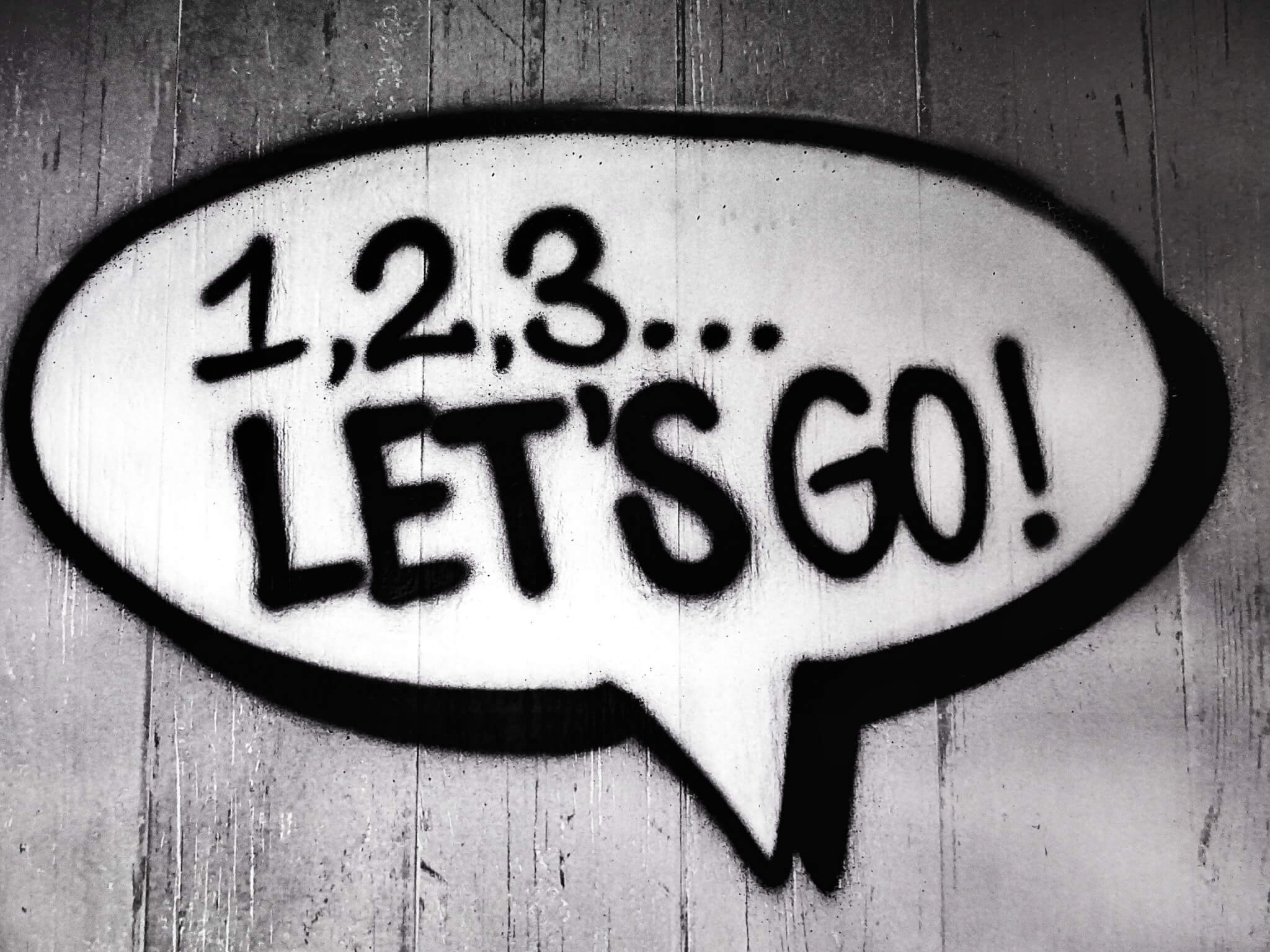Tips to Assist in December and into the New Year!
Posted on December 19th, 2019
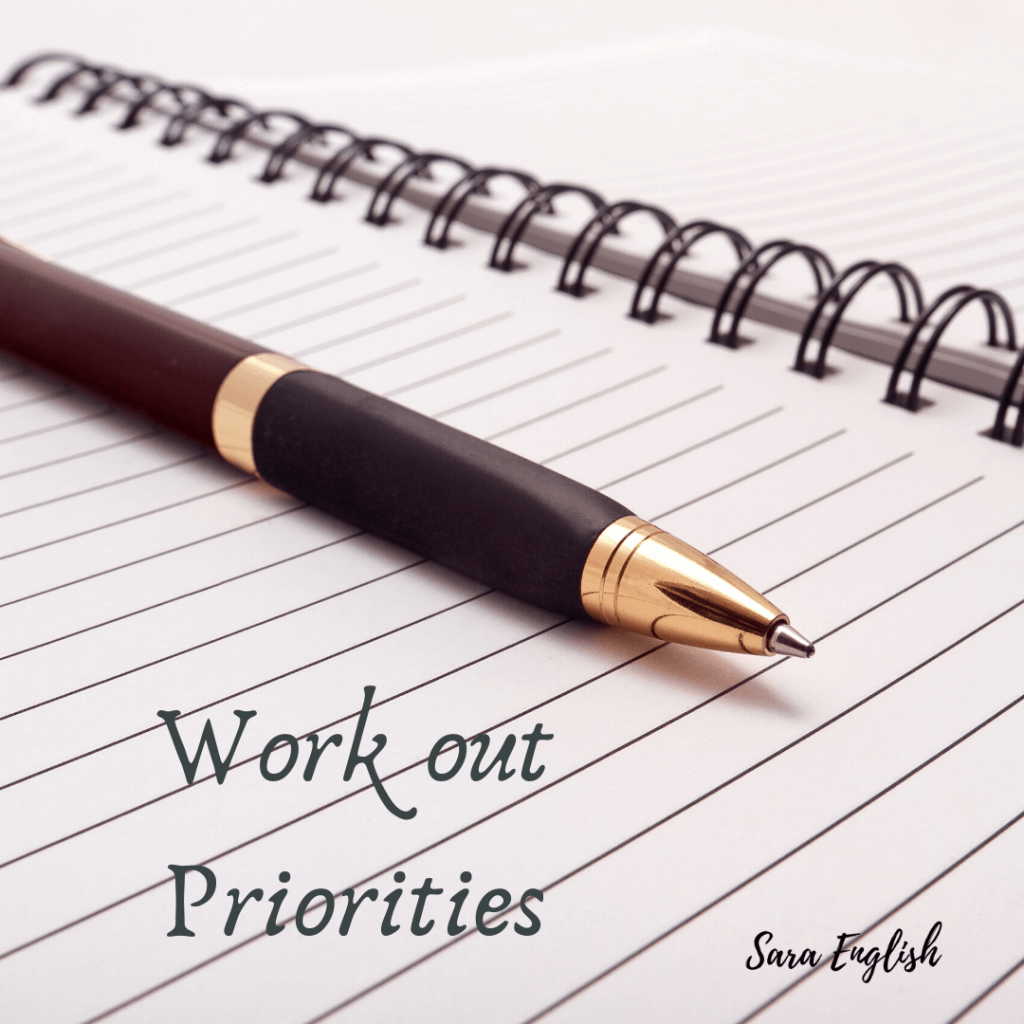
1. Work out your priorities and keep a list
Prioritise tasks and tick them off when they’re done. Make the tasks possible; don’t place unrealistic expectations on yourself. The festive season is a good time to include the important people in your life as priorities and attend to these relationships.

2. Think before you commit yourself to other people’s expectations
We can often perform tasks merely to feel accepted by other people; there is no better example of this than the holiday period, when we try to squeeze everything into our diaries. Practice saying ‘no’ to requests that are unreasonable or more than you can handle at the time, rather than suffer subsequent regrets and stress. Consider whether you should learn to rely less on the approval of others – it can be helpful to talk this over with someone you trust.

3. Practice relaxing and taking time out
Imagine air as a cloud. Open your imagination and focus on your breathing. As your breathing becomes calm and regular, imagine that the air comes to you as a cloud: it fills you and goes out. You may imagine the cloud to be a particular colour.
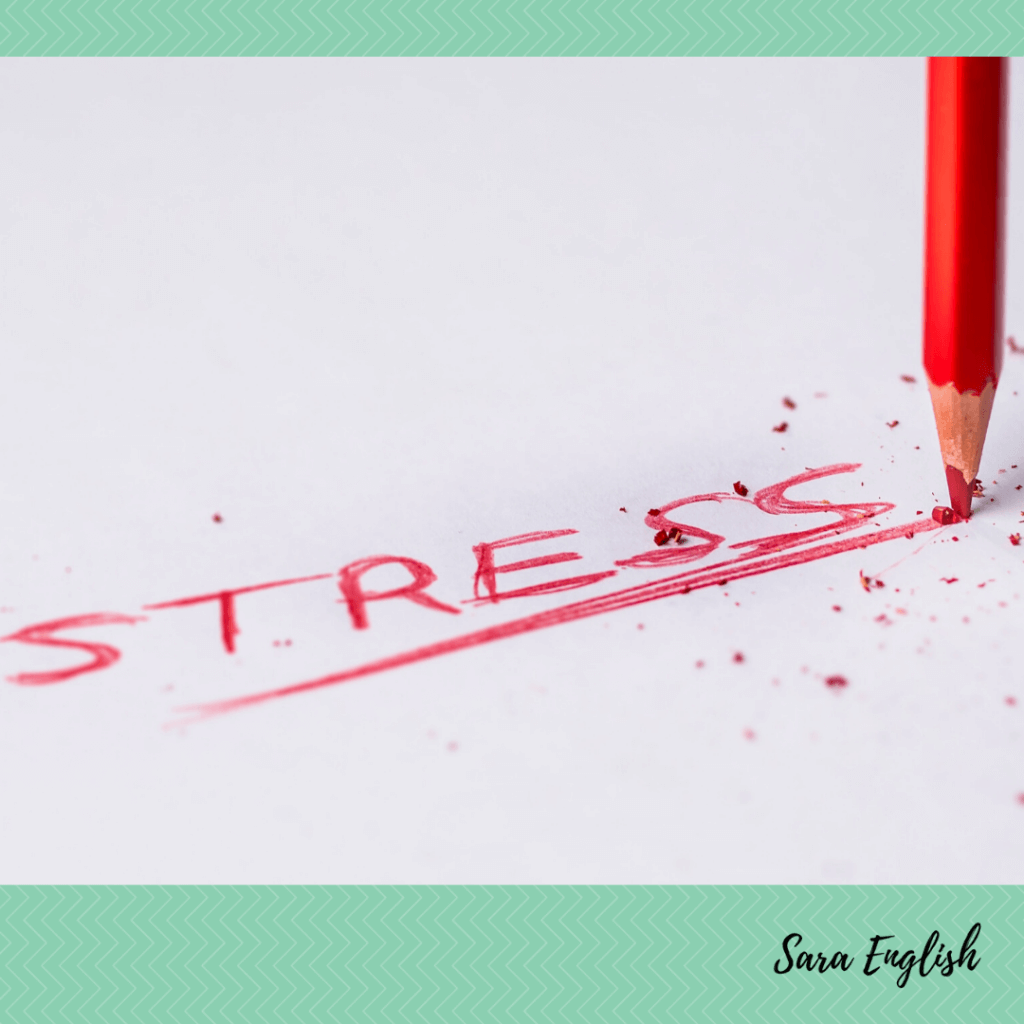
4. Identify your stressful situations
Make a list of events that leave you feeling emotionally drained, with one or two ways to reduce the stress for each. When they occur, use them as an opportunity to practice stress reduction techniques, such as deep breathing, and keep notes on what works for next time.
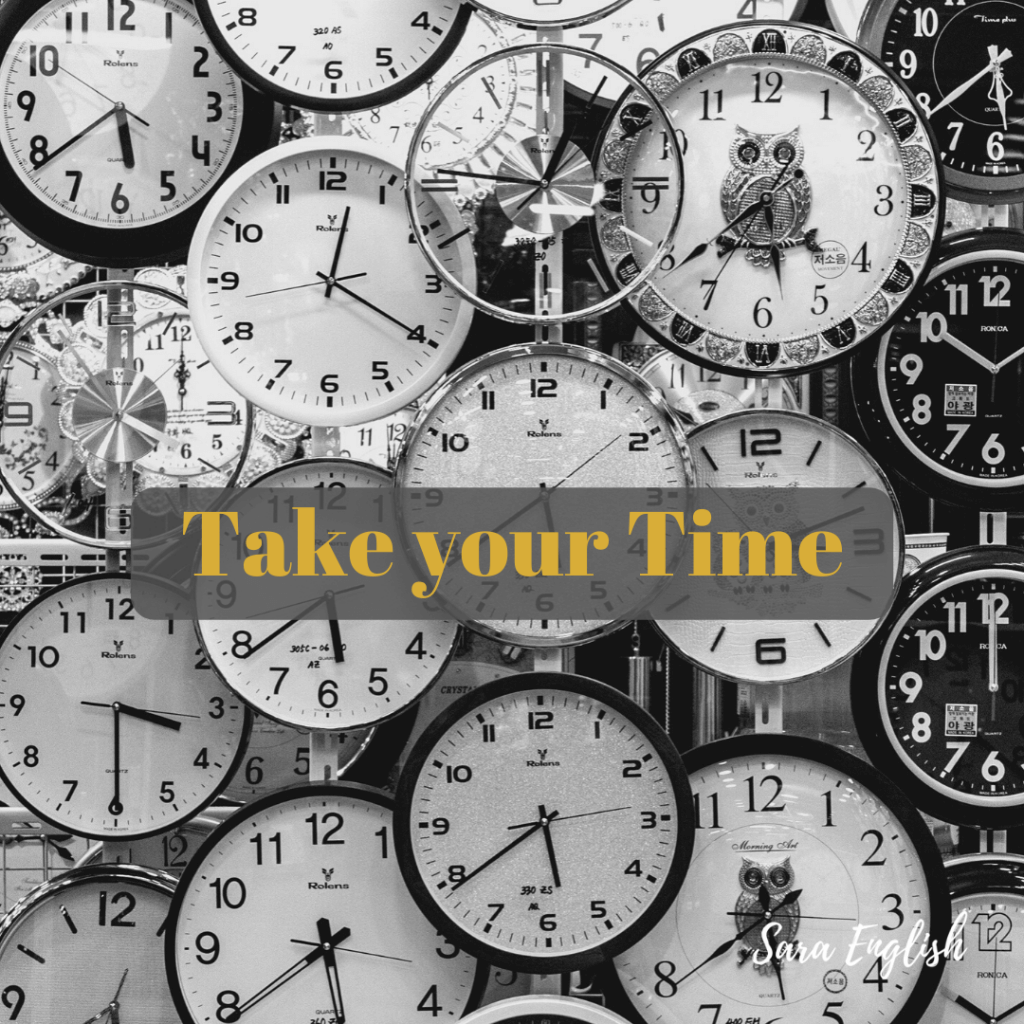
5. Take your time
Don’t let people rush you. Frenzied activities lead to errors, regrets and stress. Request time to orient yourself to the situation. If rushed, ask people to wait until your finished working or thinking something out. Plan ahead to arrive at appointments early, composed and having made allowances for unexpected hold ups. Practice approaching situations mindful.

6. Set aside time each day for recreation and exercise.
Gentle repetitive exercise such as walking, swimming and cycling are good for relieving stress. Meditation, yoga, Pilates and dance are also excellent. The trick is to find what suits you best. Hobbies that focus attention are also good stress relievers and can give you a sense of achievement and satisfaction.
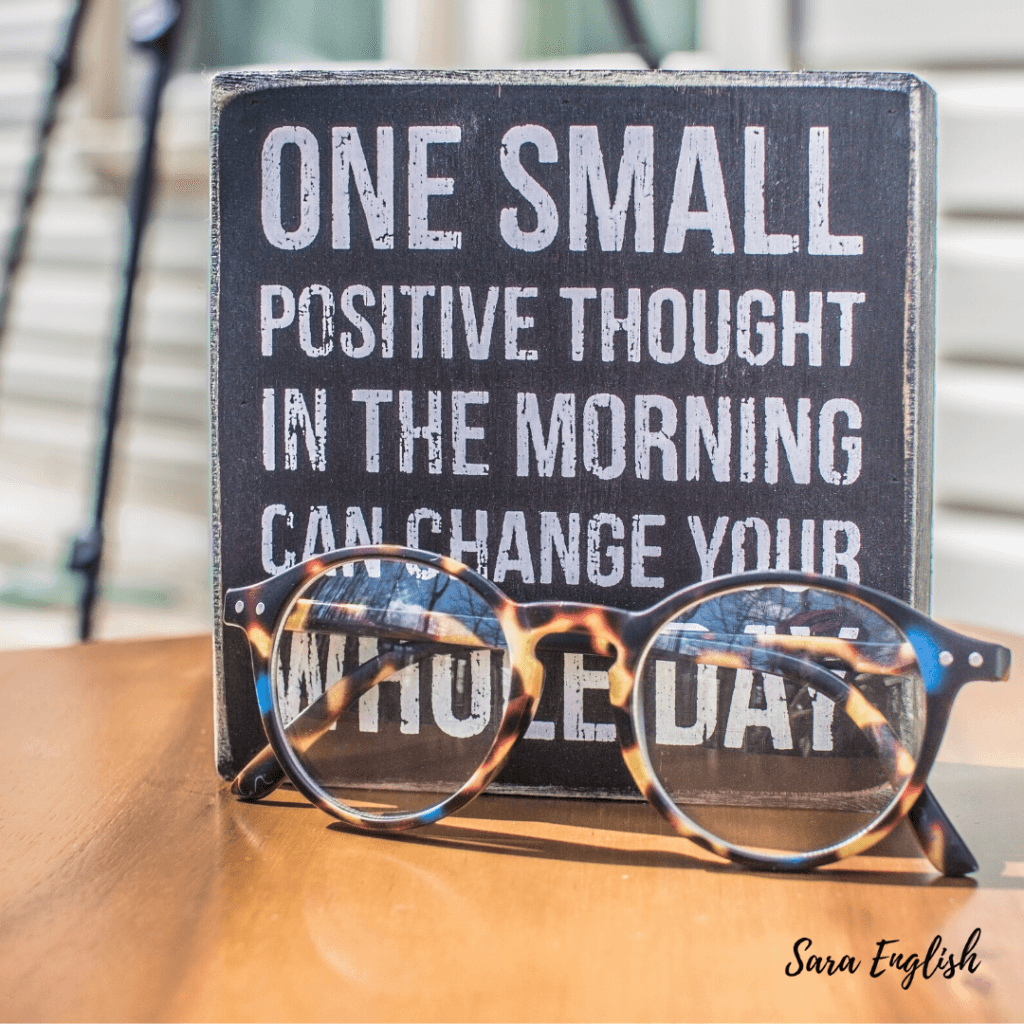
7. Think Positively
Smile whenever possible – it can make a difference to how you feel. When times get tough try to walk away from a difficult situation with a positive thought.
This will help you deal with stressful times in the future.

8. Watch your alcohol intake
It’s easy to get caught up in festive activities, and sometimes a drink or two can feel like a solution to a problem, but it will only help temporarily. Drinkng can create more problems in terms of physical and mental health. Consider the effects you are looking for (sedation and stimulation) and hether or not you can achieve them differently.
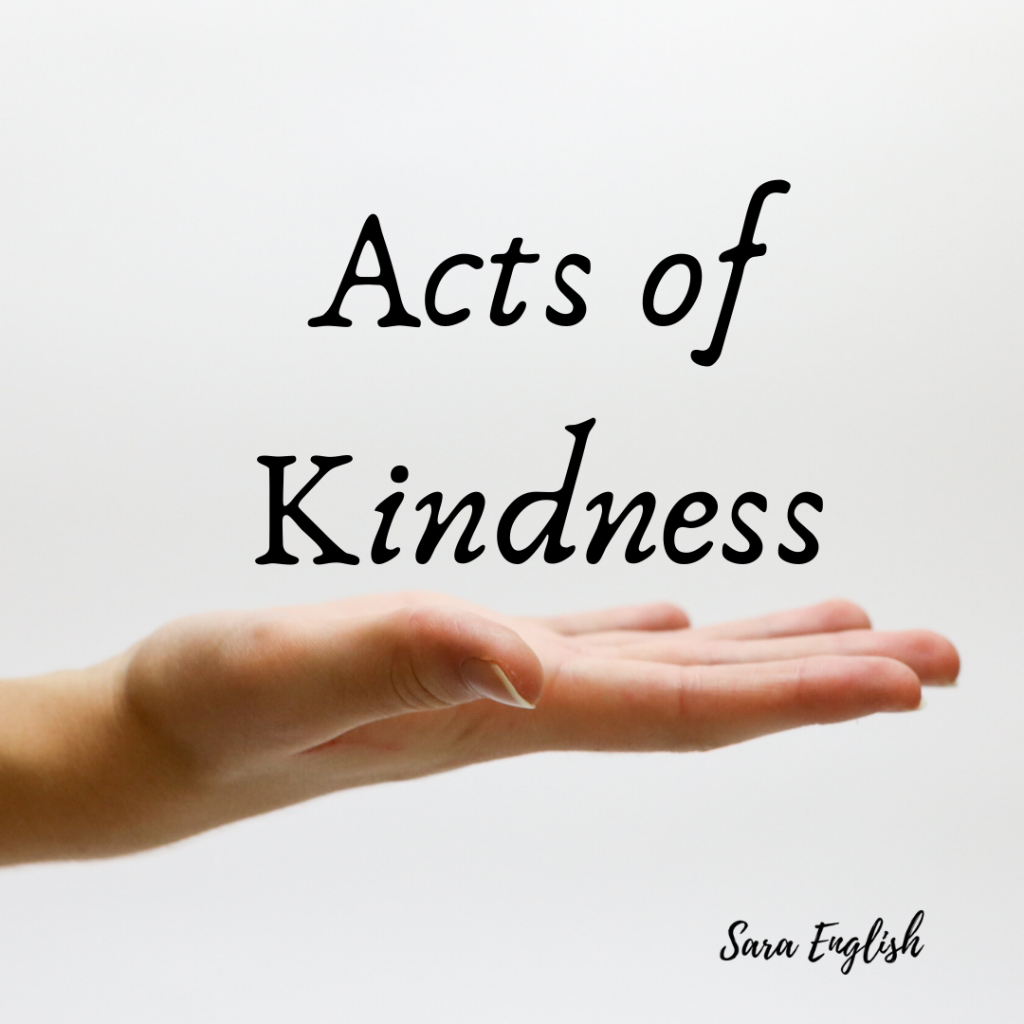
9. Perform small acts of kindness
Performing five acts a week creates a measurable boost to levels of psychological wellbeing. Giving not only makes you feel good about yourself, it enhances your connection with others and can bring you positive feedback from others.
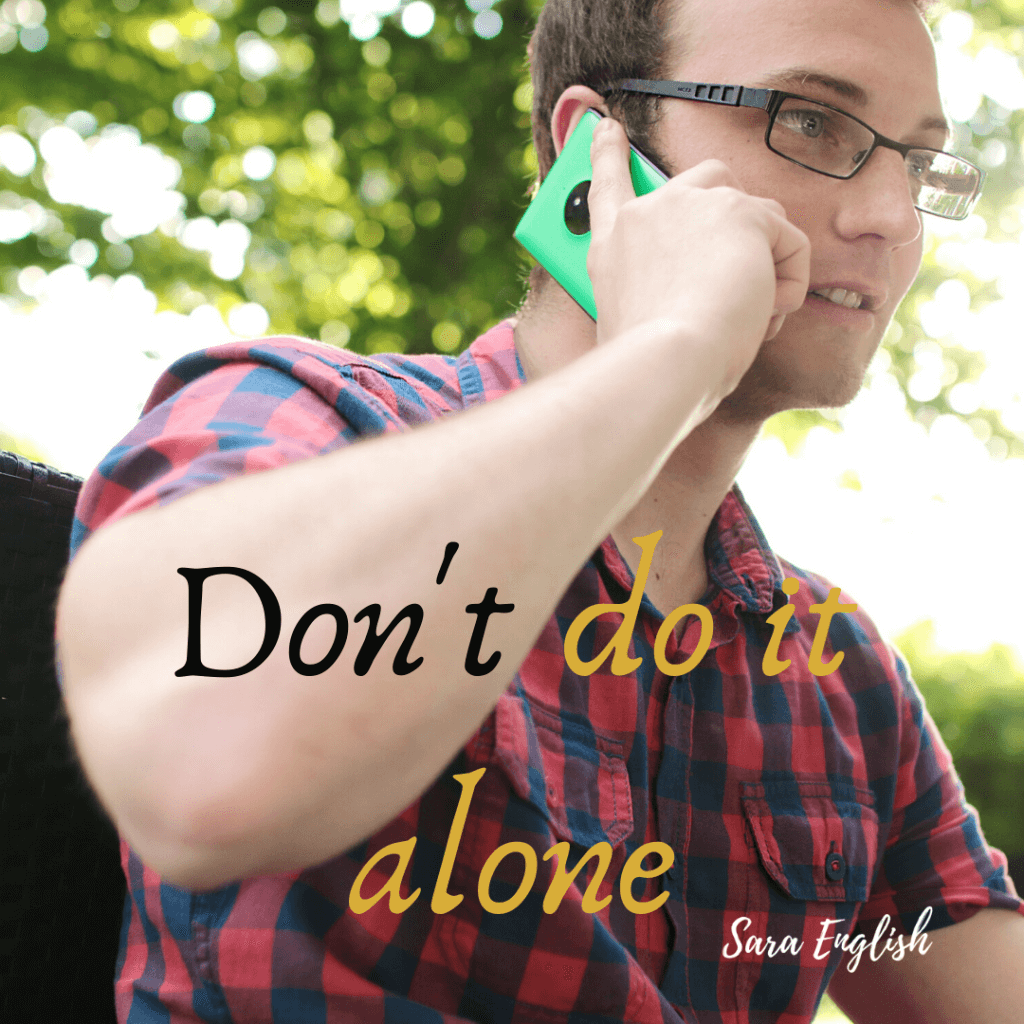
10. Don’t do it alone.
For some of us the holiday period can be an overwhelming time and sometimes isolating, but we don’t have to do it alone. If times get tough, pick up the phone and talk to someone you trust.
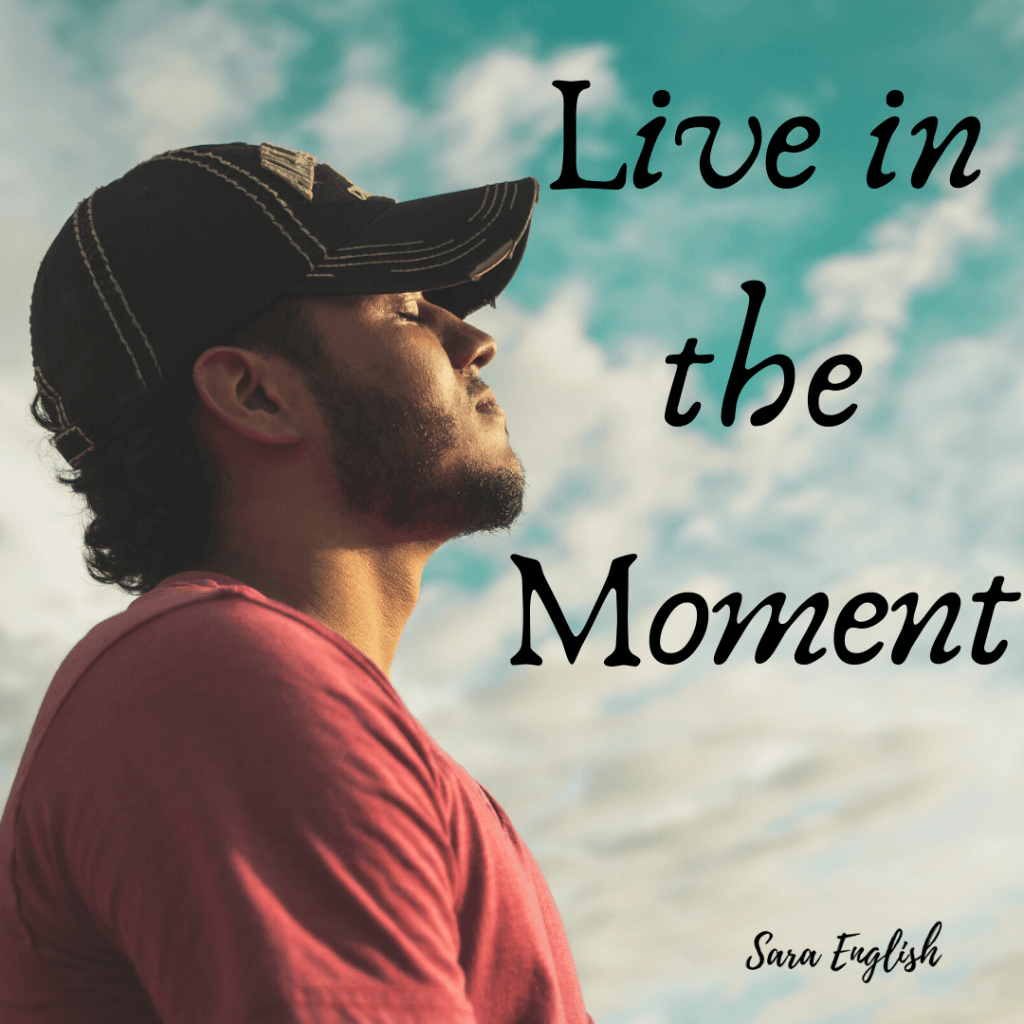
11. Live in the moment.
Try this one minute exercise: sit in front of a clock or watch that you can use to time the passing of one minute. Your task is to focus your entire attention on your breathing, and nothing else, for the full minute.
Have a go – do it now.

12. What is your intent?
Intention is the purpose or goal of a interaction, event, situation etc. What do you want to achieve?
What is your intention during this holiday period? What do you want to achieve? Is it to catch up with family and friends? To have quiet time and relax? To finish a project? Be clear about what you want so as you can focus on making that happen. Making it your reality.
13. Be Mindful About Balance with Food
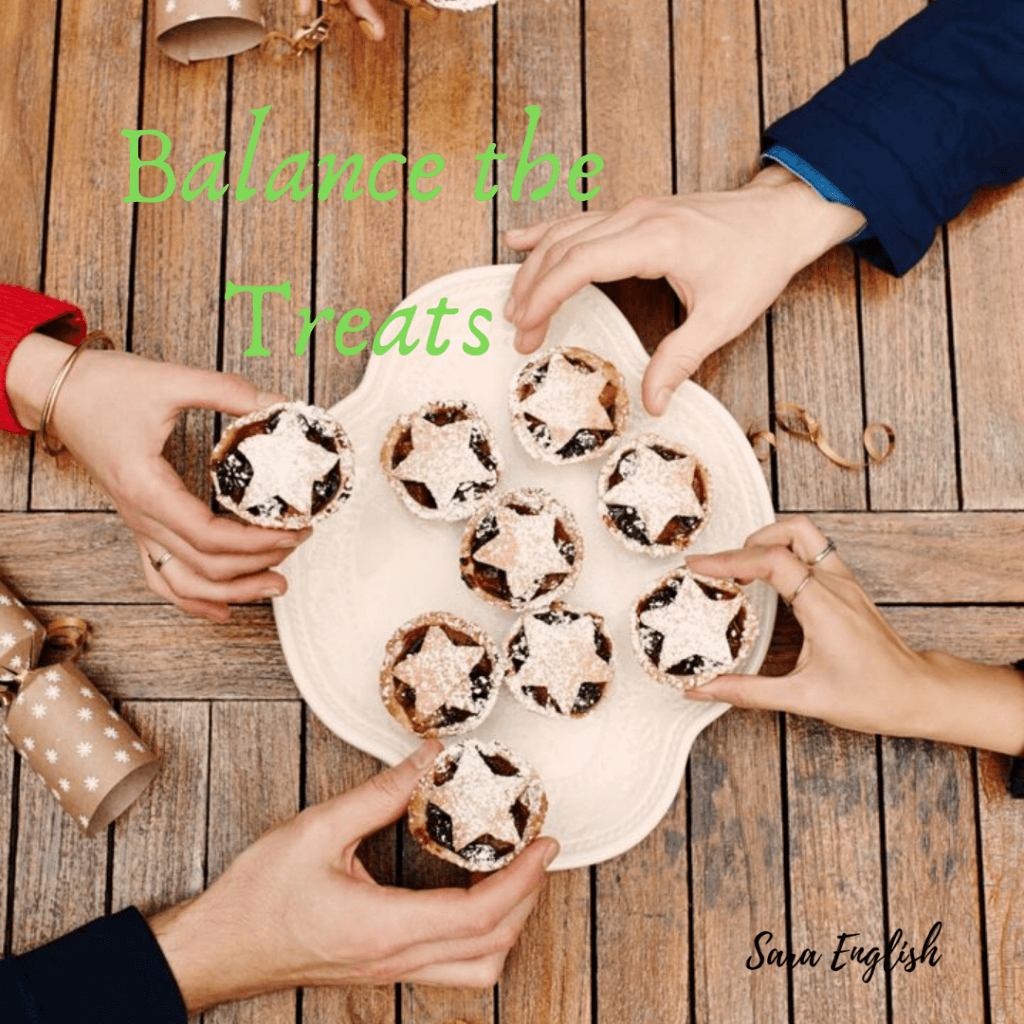
Give yourself permission to have one day to indulge in mince pies/ chocolates/ and glazed hams, because “after all, Christmas is only one day”. The key is to maintain balance throughout the rest of the festive season. Moderation is the key. Use Mindfulness techniques when you are having a treat i.e. think about what you are eating, savour the taste in your mouth. and enjoy it. Treat a treat like a treat.
14. Don’t wait until the last minute.
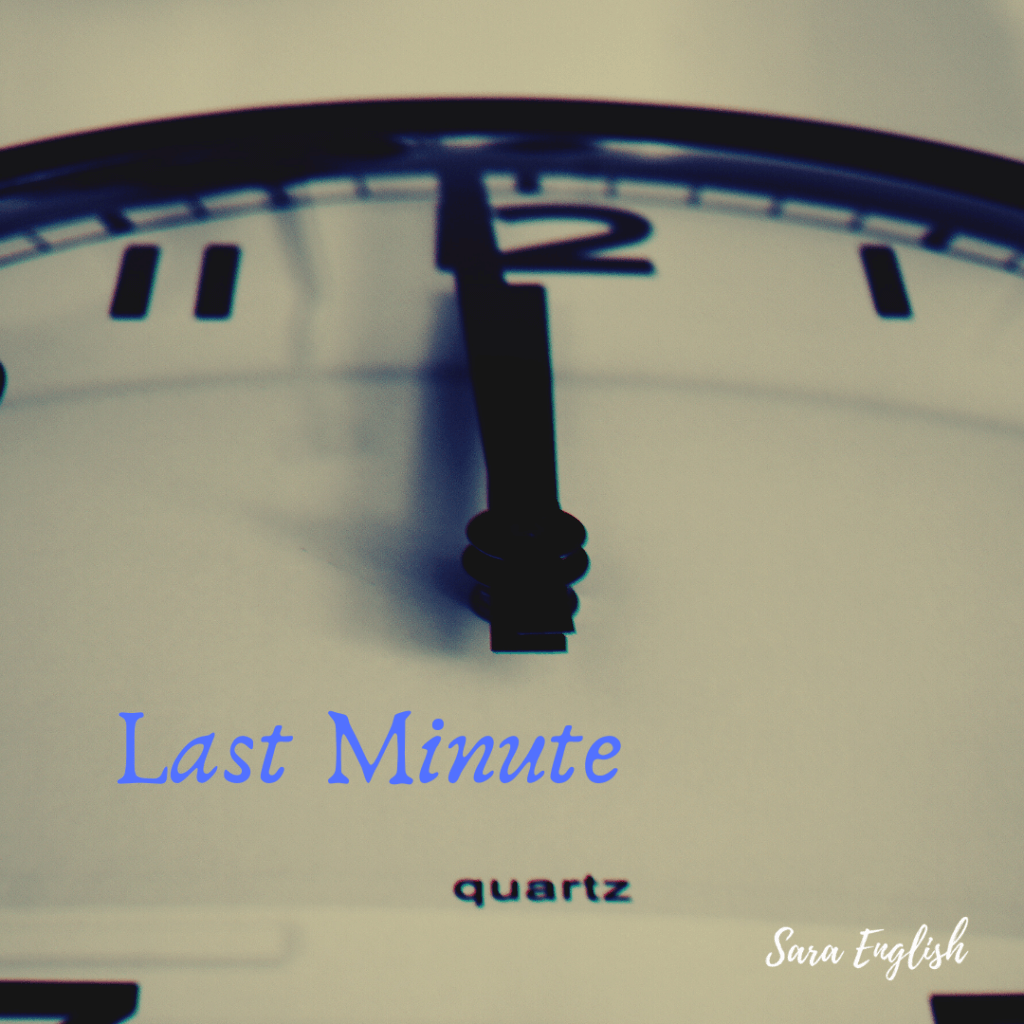
Delaying something until the last minute is rarely a good idea. Finalising end of year tasks or holiday shopping is the perfect examples of that! A lot of people wait until halfway through December and then try to fit everything into the last few days of the year. Instead, keep it simple! Plan to do at least one task each day and break up shopping trips too. It might be easier to shop for one or two people on your list each day. The idea here is to have fun buying gifts for others instead of it feeling like a chore, or finishing work for the year feeling energised for the holidays.
15. Have Fun

It’s important to not get caught up in all the festive planning and then miss all of the fun stuff. Join in the festivities, be a bit silly and have a laugh. Being emotionally present is as, if not more important than being physically present. Actively choose to focus your attention on each and every aspect of your ‘time off’ and note to yourself that unfinished business can be dealt with after. Allow yourself to enjoy your time with family and friends, or however your choose to spend it. Don’t sabtaoge your day by being distracted with things that can’t be changed in that moment. Create your own special moments for yourself.





